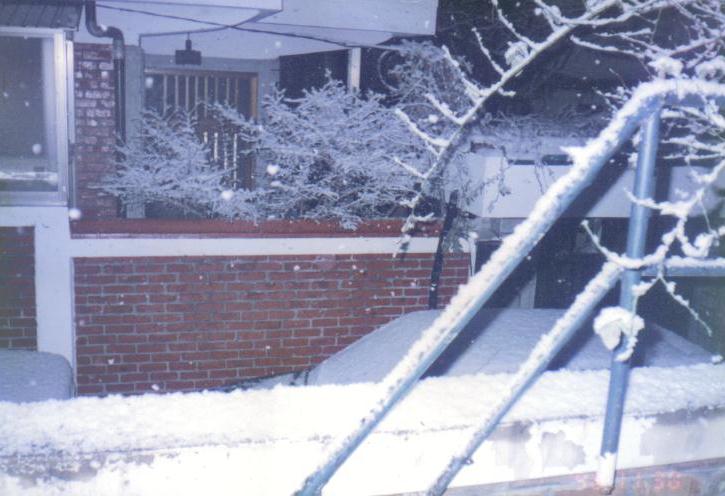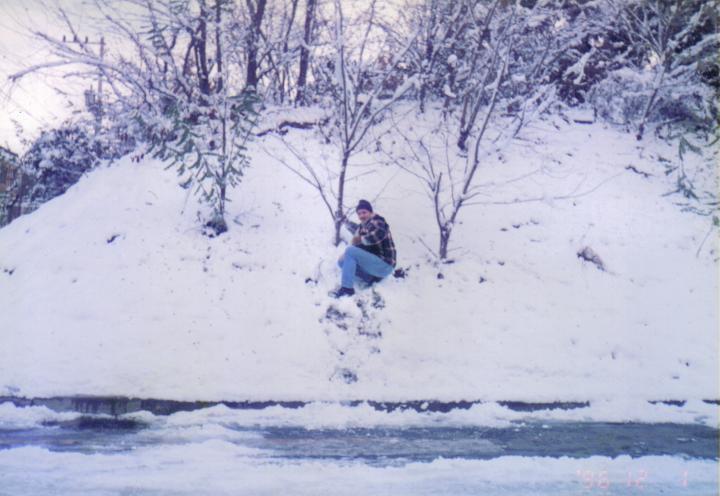Tuesday, 14 January 1997
Okay, this is how it is. It’s the 14th, and my payday for December was on the third. They still owe me over half of my salary for December. From all the bits of information I’ve read between the lines, my salary is not a priority.
This morning I asked [the owner of the school’s son] whether I will receive my salary for January on February 3rd. His answer was, and I quote: “Sure, maybe …”
“Sure, maybe”? What the fuck does that mean?! Sure, maybe I’m doing a job that’s so boring I’m on the verge of a nervous breakdown, and when I ask about the payment for the work I do, I’m told that maybe I’ll get paid on time for it!
I’ll tell you what I’ll do with this information: Within a few days of getting my money for February, I’ll fly back to Johannesburg. That’s what I’ll do with this information!
Wednesday, 15 January 1997
The fact is, even if I get paid late for a specific month, I still need that money. It annoys me endlessly that my salary is seemingly not a priority, but it will be part of just another chapter of my life within the foreseeable future, and I’ll be on a flight to somewhere with a gin and tonic in my hand – made possible with money I had earned here. Even if I only get paid two weeks after I was supposed to.
______________________

